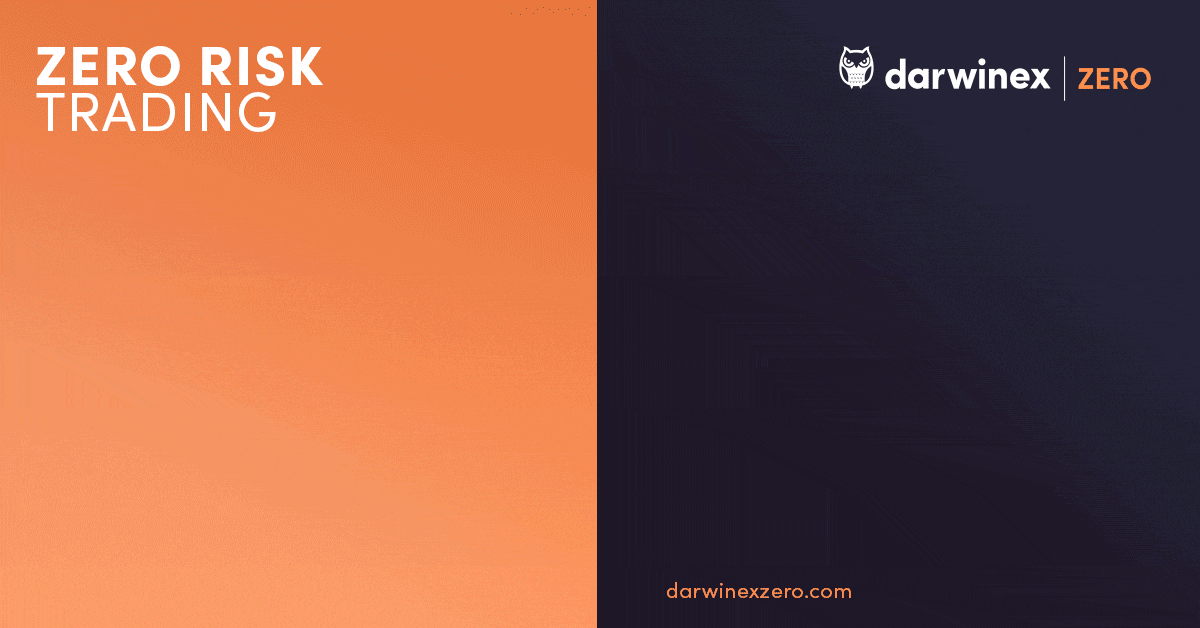Real Online Career
Real Online Career Blog
Explore genuine online career options with Real Online Career at realonlinecareer.com. Our blog posts offer practical insights and advice on authentic online careers, helping you make informed decisions for a meaningful and sustainable professional journey. Navigate the world of remote work with confidence and discover legitimate opportunities to build a fulfilling online career. Your path to a real and rewarding online profession starts here.











